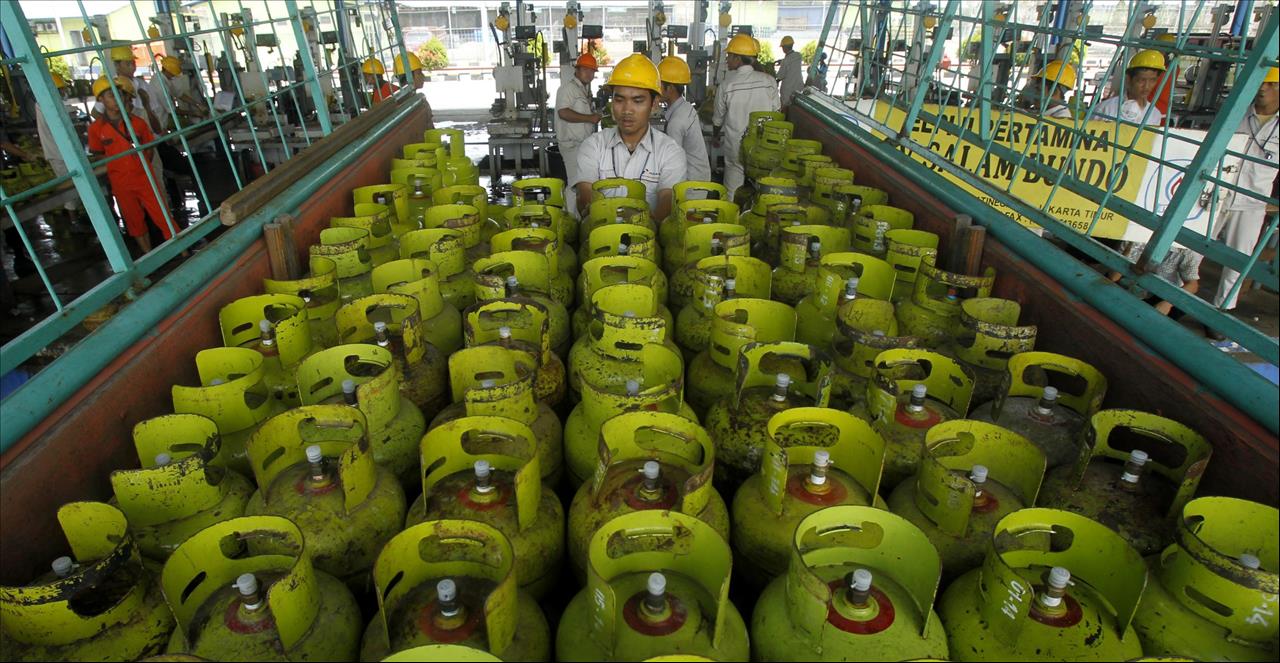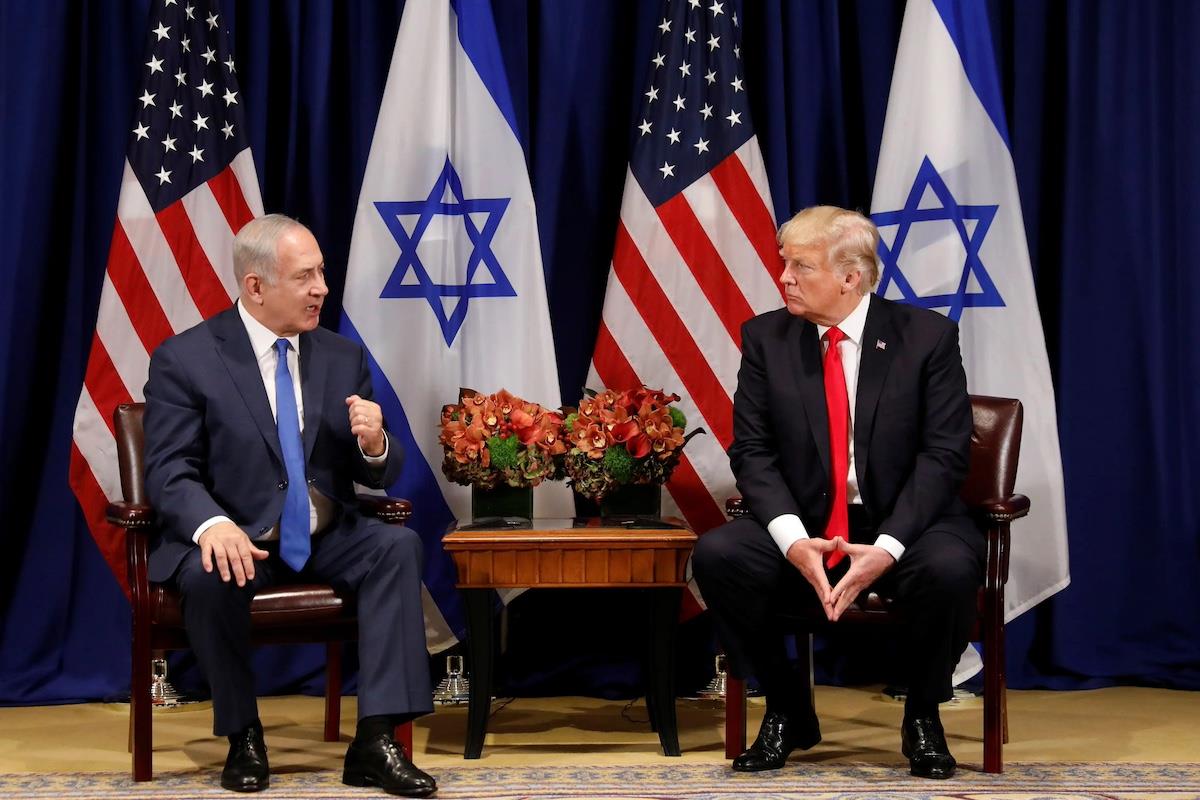
Donald Trump's Middle East Peace Mirage
US President Donald Trump's latest initiative promises to finally resolve the region's intractable conflicts through dealmaking prowess and American leverage. We've heard this before. And once again, we're likely to be disappointed.
The problem isn't Trump's negotiating skills or the specifics of any particular plan. The problem is the fundamental mismatch between American assumptions about the Middle East and the region's actual power dynamics, historical grievances and strategic imperatives.
The limits of American powerAmerican policymakers consistently overestimate Washington's ability to reshape Middle Eastern realities. They assume that sufficient pressure, incentives or diplomatic creativity can overcome deep-seated conflicts rooted in competing nationalisms, religious divisions and territorial disputes stretching back generations.
The Trump administration's approach reflects classic American optimism: identify the key players, bring them to the table, offer economic inducements, and forge a“deal.” This worked reasonably well with the Abraham Accords, which normalized relations between Israel and several Arab states.
But those agreements succeeded precisely because they formalized what was already happening-a convergence of strategic interests against Iran and a recognition that the Palestinian issue was no longer central to Gulf Arab security concerns.
Extending this model to the core Israeli-Palestinian conflict or broader regional peace is a different matter entirely. The Abraham Accords worked because they didn't require either side to compromise on fundamental security interests or territorial claims. A comprehensive peace does.
Unchanging regional realitiesSeveral structural obstacles remain regardless of who occupies the White House:
Latest stories
Why oil-rich Indonesia imports most of its fuel

China ignites Scarborough Shoal flashpoint with bombers, ships
The Palestinian question persists. Decades of failed negotiations have not brought Israelis and Palestinians closer to agreement on core issues: borders, Jerusalem, refugees, and security arrangements. Both sides have domestic political constraints that make meaningful compromise nearly impossible.
Israeli society has moved rightward, prioritizing security over territorial concessions. Palestinian leadership remains divided between the Palestinian Authority and Hamas, with neither possessing the legitimacy or capacity to deliver on a comprehensive agreement.
Iran's regional ambitions haven't changed. Tehran's support for proxy forces across the Middle East-Hezbollah in Lebanon, militias in Iraq and Syria, the Houthis in Yemen-reflects strategic imperatives that predate the Islamic Revolution. Iran seeks regional influence and deterrence against perceived threats.
No American peace plan can address these concerns without fundamentally altering the regional balance of power, which would require commitments Washington is unwilling to make.
Regional powers have their own agendas. Saudi Arabia, Turkey, Egypt, and other regional players pursue their own interests, which don't always align with American priorities. They'll engage with US peace initiatives when convenient but won't subordinate their security concerns to Washington's diplomatic objectives.
Economic incentive illusionTrump's plans typically emphasize economic development as the key to peace-the notion that prosperity will overcome political grievances. This reflects a peculiarly American faith in capitalism's transformative power.
But economic incentives rarely trump nationalist passions or security fears. The Palestinian-Israeli conflict isn't fundamentally about economics; it's about competing claims to the same land, mutual fears and incompatible visions of justice and legitimacy.
Offering Palestinians economic opportunities while leaving core political issues unresolved won't produce stability-it will produce resentment.
Similarly, offering Arab states economic benefits for normalizing relations with Israel works when those states have already decided that normalization serves their interests. It doesn't work when domestic publics view such moves as betrayal of Palestinian aspirations or when governments fear political backlash.
What peace really requiresGenuine peace in the Middle East would require:
-
Local ownership: Solutions imposed from outside rarely stick. Peace must reflect regional power realities and be negotiated by the parties themselves, not mediated by distant powers with their own agendas.
Realistic expectations: Comprehensive peace isn't achievable in the near term. Conflict management, not conflict resolution, should be the goal.
American restraint: Washington's constant meddling often makes things worse. A lighter American footprint would allow regional actors to reach their own accommodations.
Recognition of limits: Some conflicts aren't ripe for resolution. Accepting this reality and focusing on containing violence rather than achieving breakthrough agreements would be wiser.
We've seen this pattern repeatedly: A new administration arrives convinced it has the formula previous administrations lacked. Initial optimism gives way to frustration as regional realities intrude. Eventually, the administration either doubles down with increasingly coercive measures or quietly shifts focus to other priorities while claiming progress.
Trump's peace plan, whatever its specific provisions, will likely follow this familiar trajectory. Not because of any failing on his part, but because the underlying conditions for comprehensive peace don't exist. The parties aren't ready, the regional dynamics don't support it and American power-while still considerable-isn't sufficient to overcome these obstacles.
A more modest approachRather than pursuing grand peace plans destined to fail, American policy should focus on:
-
Conflict containment: Prevent escalation and manage tensions rather than resolve them.
Selective engagement: Involve ourselves only where American interests are directly threatened.
Supporting regional frameworks: Let regional powers develop their own security arrangements rather than imposing American-designed structures.
Lowering expectations: Stop overselling what American diplomacy can achieve.
This won't satisfy those craving a historic breakthrough or those who believe American power can reshape the Middle East. But it would be more honest about what's achievable and would avoid the cycle of inflated promises followed by inevitable disappointment.

Sign up for one of our free newsletters
-
The Daily Report
Start your day right with Asia Times' top stories
AT Weekly Report
A weekly roundup of Asia Times' most-read stories
Peace isn't coming to the Middle East, regardless of Trump's plan. The sooner the world accepts this reality and adjusts its policies accordingly, the better.
Leon Hadar is a foreign policy analyst and author of“Sandstorm: Policy Failure in the Middle East.” This article first appeared on his Global Zeitgeist Substack and is republished with kind permission.
Thank you for registering!
An account was already registered with this email. Please check your inbox for an authentication link.
-
Click to share on X (Opens in new window)
X
Click to share on LinkedIn (Opens in new window)
LinkedIn
Click to share on Facebook (Opens in new window)
Facebook
Click to share on WhatsApp (Opens in new window)
WhatsApp
Click to share on Reddit (Opens in new window)
Reddit
Click to email a link to a friend (Opens in new window)
Email
Click to print (Opens in new window)
Print

Legal Disclaimer:
MENAFN provides the
information “as is” without warranty of any kind. We do not accept
any responsibility or liability for the accuracy, content, images,
videos, licenses, completeness, legality, or reliability of the information
contained in this article. If you have any complaints or copyright
issues related to this article, kindly contact the provider above.
Most popular stories
Market Research

- Mutuum Finance (MUTM) New Crypto Coin Eyes Next Price Increase As Phase 6 Reaches 50% Sold
- Bydfi Highlights 'BUIDL' Ethos During Newcastle United Match Against Arsenal
- Flexm Recognized As“Highly Commended” In The Regtech Category At The Asia Fintech Awards Singapore 2025
- Solotto Launches As Solana's First-Ever Community-Powered On-Chain Lottery
- Moonx: The Leading Crypto Trading Platform With X1000 Leverage And Unlimited Meme Coin Access
- Stonehaven Circle Marks 13Th Anniversary With Hadrian Colwyn Leading Calvio Ailegacyx Innovation




















Comments
No comment